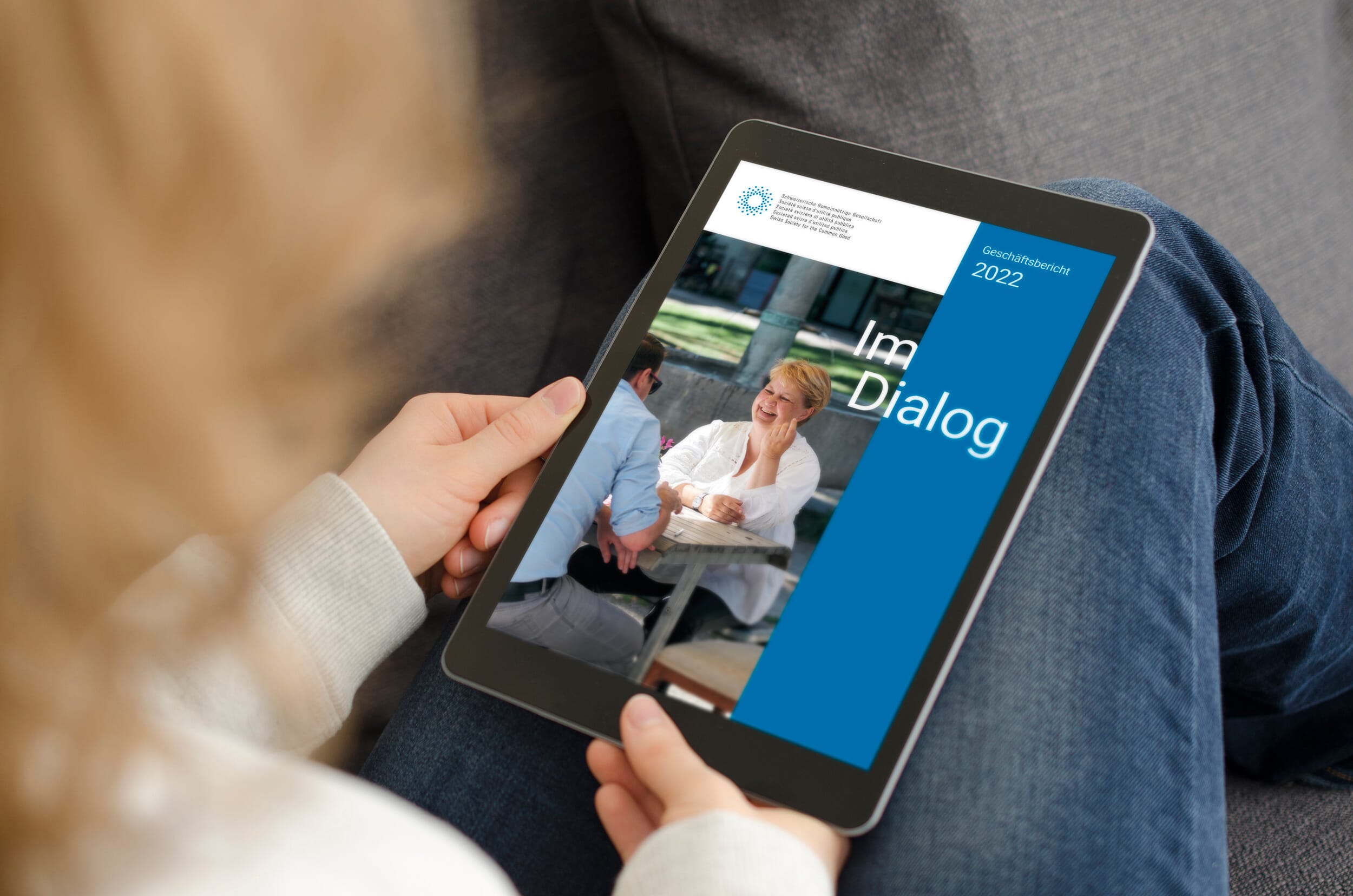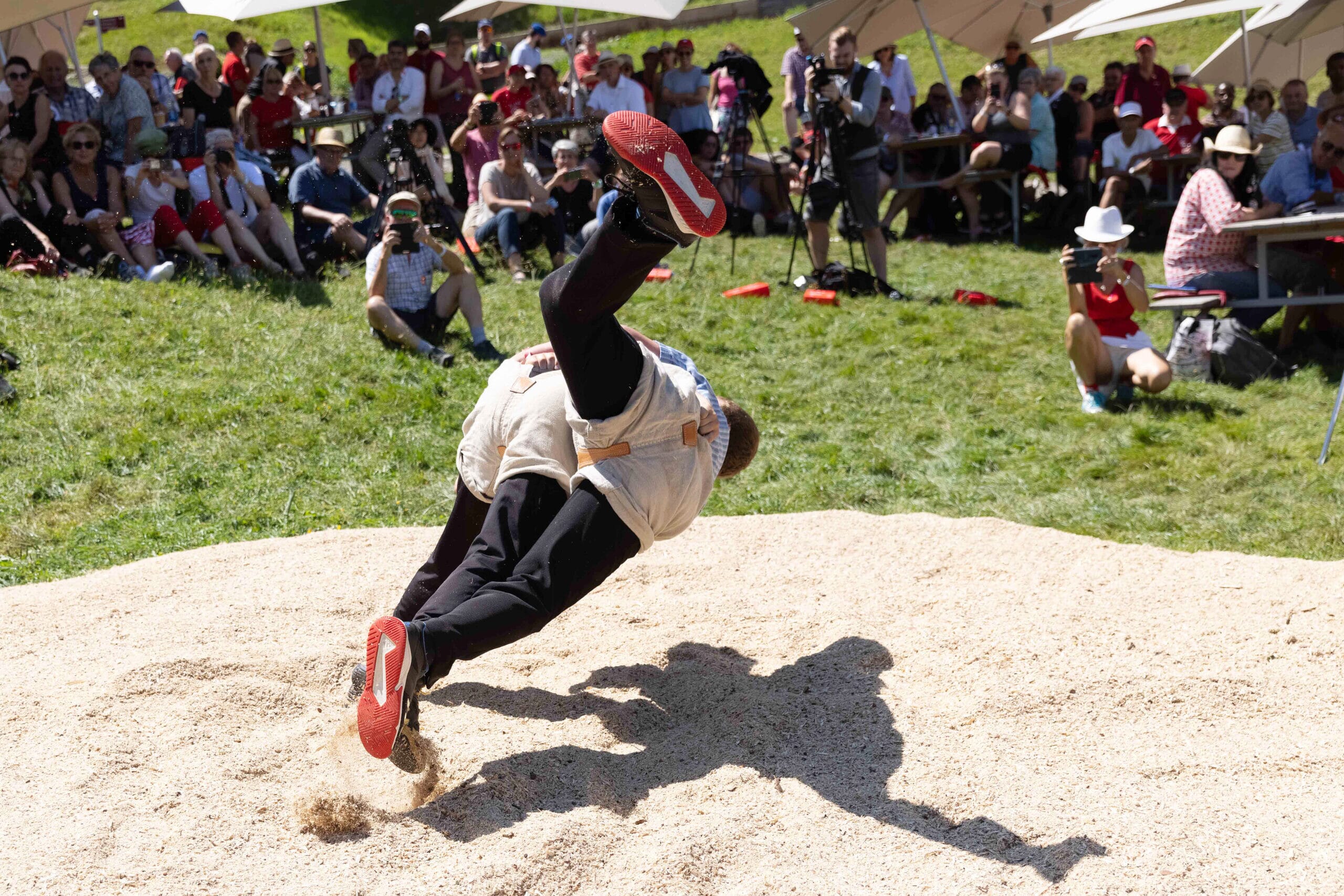8. December 2020
New President of the SSCG: Nicola Forster
Nicola Forster introduces herself in a short video message:
The new SSCG President Nicola Forster looks to the future
Nicola Forster brings the SSCG closer to younger generations (video in Swiss German)
Read the interview with the new President…
Nicola Forster, you are the new President of the Swiss Society of the Common Good. First of all, congratulations on your election. Your CV is impressive, especially considering that you are 35 years young. You are a lawyer, president of the foundation “Science et Cité”, board member of the Swiss Academies of Sciences, member of the Swiss UNESCO Commission, co-founder of the think tank “foraus”, the political movement “Operation Libero” and the “Staatslabor” (state lab), co-president of the cantonal party of Green Liberals in Zurich, you network in science, civil society, economy, administration and politics and you are well-versed in the digital world. What do you miss in the enumeration to describe and understand your essence a little better?
Thank you for the many laurels. I especially hope that despite all the features I am a somewhat pleasant contemporary! (laughs) An important trait of mine is probably that I love to work together with a lot of energy and to create meaningful projects. That’s why I describe myself as a kind of civil society entrepreneur. In addition to my various commitments to society, I worked as a moderator and innovation consultant in Germany and abroad. Accordingly, like many others I am currently suffering from the corona crisis… Having studied, lived and worked for several years in the French-speaking part of Switzerland and abroad, I also like to look beyond Zurich’s borders. The first “S” in SSCG (for Switzerland) emphasizes the nationwide character of the organization; this fits perfectly with my previous path, as well as with our previous President Jean-Daniel Gerber, whom I would like to take this opportunity to thank for his great commitment to SSCG!
For the first time in its history, the SSCG has publicly advertised its presidential office. Why did you apply for this position?
I am impressed by the fact that the SSCG, with its history dating back to 1810, has always been a pioneer and a forerunner for socio-political reforms. For example, it provided free education for children as early as the 19th century, and in the 20th century, when poverty in old age became a growing issue, it was involved in the founding of the insurance for elderly people and the founding of Pro Senectute. Today, one would probably call the SSCG a “Think & Do Tank”. As founder of the think tank “foraus” (Forum Foreign Policy) I have been interested in the SSCG for a long time. So I didn’t have to think long when I saw the announcement of the presidency in the Neue Zürcher Zeitung.
How do you perceive the SSCG today? What is its uniqueness, what are its particular strengths and opportunities?
The SSCG has a great tradition to build on. This legitimizes it, now and in the future, to bring all actors in society together to develop cross-sectoral solutions to the most important social challenges. Today, the SSCG is valued nationwide for its research and promotion of volunteer work. With its individual assistance for people experiencing poverty and various programs such as Job Caddie, Seitenwechsel or Intergeneration, the SSCG is now also strongly operational itself, in addition to supporting third-party projects, which I find important. The SSCG is known to a wider public as the organizer of the federal celebration on August 1 on the Rütli meadow and as the initiator of the new text for the national anthem. In this respect, I am particularly pleased that we will be able to celebrate 50 years of women’s voting rights in Switzerland on August 1 next year with the major women’s organizations – and thus a central milestone in democracy and equality in Switzerland!
To which social changes, developments and challenges of the coming years should the SSCG react specifically or act proactively?
The promotion of social cohesion and civil society involvement already offers the SSCG enough tasks for the whole 21st century… The future of our democracy is of great concern to me personally, and we will certainly place greater emphasis on it in the future. Digitalization today brings us innovative opportunities for participation, which we still use far too little. If currently around 25% of our population has no voice, we must discuss further possibilities of participation in addition to the “formal” foreigners internal voting rights, so that all people living in Switzerland can help shape the future of our society. In addition to its positive aspects, digitization with its new work models can also lead to a new precarization. We must prevent this at all costs, and the SSCG can play an important sociopolitical role as a platform for dialog. Climate change also brings huge sociopolitical challenges that we must tackle as soon as possible. As a representative of a younger generation, it is also important to me that the SSCG provides access for young people. To do this, we should definitely take a chance and experiment with innovative formats. The SSCG may be an ancient aunt – but it is definitely “young at heart”! (laughs)
Where should the SSCG be in 2030?
I see the SSCG as a key force for reform in our country in the future. It should show that the future of Switzerland and our society can be shaped if we take a constructive approach together. To achieve this, the SSCG must be an open, agile organization with docking points and opportunities for the entire civil society to participate. I very much hope that I can make a contribution to this.
What else is important to you as the new President of the SSCG?
With the SSCG, I would like to offer my support for cooperative partnerships with all sectors of society: politics and administration, media and science, economy and civil society. Within civil society, the SSCG wants to create a network of non-profit organizations in Switzerland as early as summer 2021 in order to strengthen the partnership-based cooperation among all cantonal and local Societies for the Common Good. There is a lot to be done, and I look forward to it!



